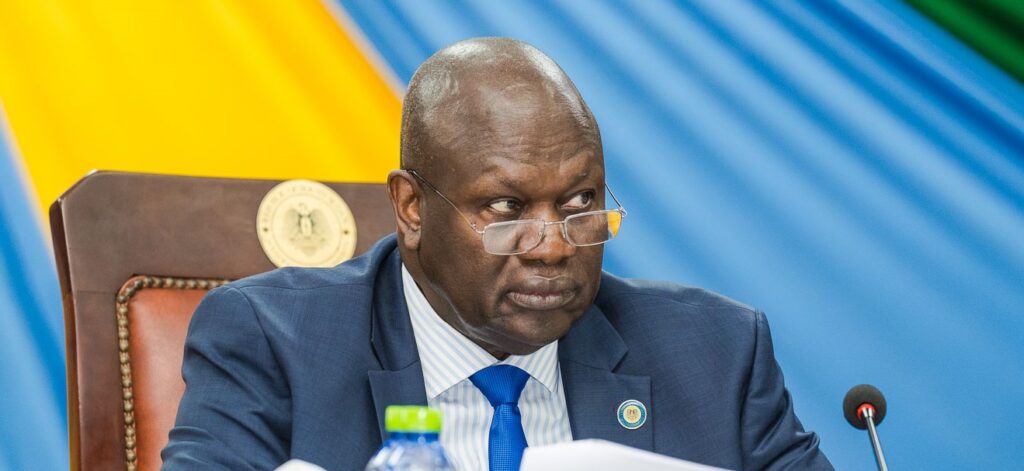The 8th Governors’ Forum concluded on Monday in Juba, issuing more than 90 resolutions, with a focus on addressing salary arrears and regularizing monthly salaries for public servants.
Among the key resolutions, the forum called for the removal of illegal checkpoints and unauthorized tax collections along roads and waterways. It also emphasized the need for improved coordination between national and state governments to ensure road safety and facilitate the smooth movement of people and goods.
The forum addressed the need for greater civic and political space, recommending that the Transitional National Legislative Assembly amend the National Security Service Act of 2024 to allow for increased political and civic freedoms. Additionally, the forum endorsed the creation of special courts to handle cases of child abductions and cattle rustling, following a report from the Judiciary Reform Committee.
In his keynote address, First Vice President Dr. Riek Machar, who chaired the Governors’ Forum, described the discussions as intensive. He acknowledged that while some resolutions had been repeated from previous forums, their importance still required reiteration.
“The process, from Tuesday to Saturday, was intense. People debated and deliberated, ultimately arriving at the resolutions we are presenting. While many of these recommendations have been discussed before, their significance remains undeniable,” Machar said.
Machar also addressed confusion surrounding the recent 400% salary increase, clarifying that it applies only to national civil servants, not those at the state and county levels.
“Some states overspent because they mistakenly believed the 400% salary increase applied to all civil servants. When the Minister of Finance pointed out that some states had exceeded their budgets, it became clear that the increase was intended solely for national civil servants,” Machar explained.
Meanwhile, Edmund Yakani, Executive Director of the Community Empowerment for Progress Organization (CEPO), expressed disappointment over the absence of resolutions addressing Abyei’s final status.
Speaking to reporters, Yakani criticized the government for neglecting Abyei, despite the issue being a significant concern at the forum.
“My greatest disappointment as a South Sudanese is the omission of resolutions concerning Abyei,” Yakani said. “The government of South Sudan has shown fear and negligence in addressing Abyei as one of our administrative areas.”
Abyei, an oil-rich region claimed by both Sudan and South Sudan, has long been a source of tension. In a 2013 referendum, the Ngok Dinka community voted to join South Sudan, but the results have not been recognized by either country.
Yakani expressed concern that the absence of resolutions on Abyei could hinder the region’s participation in South Sudan’s 2026 general elections. He called on the government to publicly explain why the issue was removed from the agenda.
Despite his concerns, Yakani commended the 8th Governors’ Forum for urging the Ministry of Finance and Planning to settle outstanding arrears owed to civil servants and organized forces.
“I am impressed by the concrete recommendations made by the Governors’ Forum, particularly the call for better coordination between state and national governments on revenue matters,” Yakani said. “These resolutions lay a strong foundation for addressing civil service salaries and financial delays.”
Yakani also praised the forum for focusing on conflict resolution and democratic transformation, and announced plans to establish a mechanism to track the implementation of these resolutions across the country.




